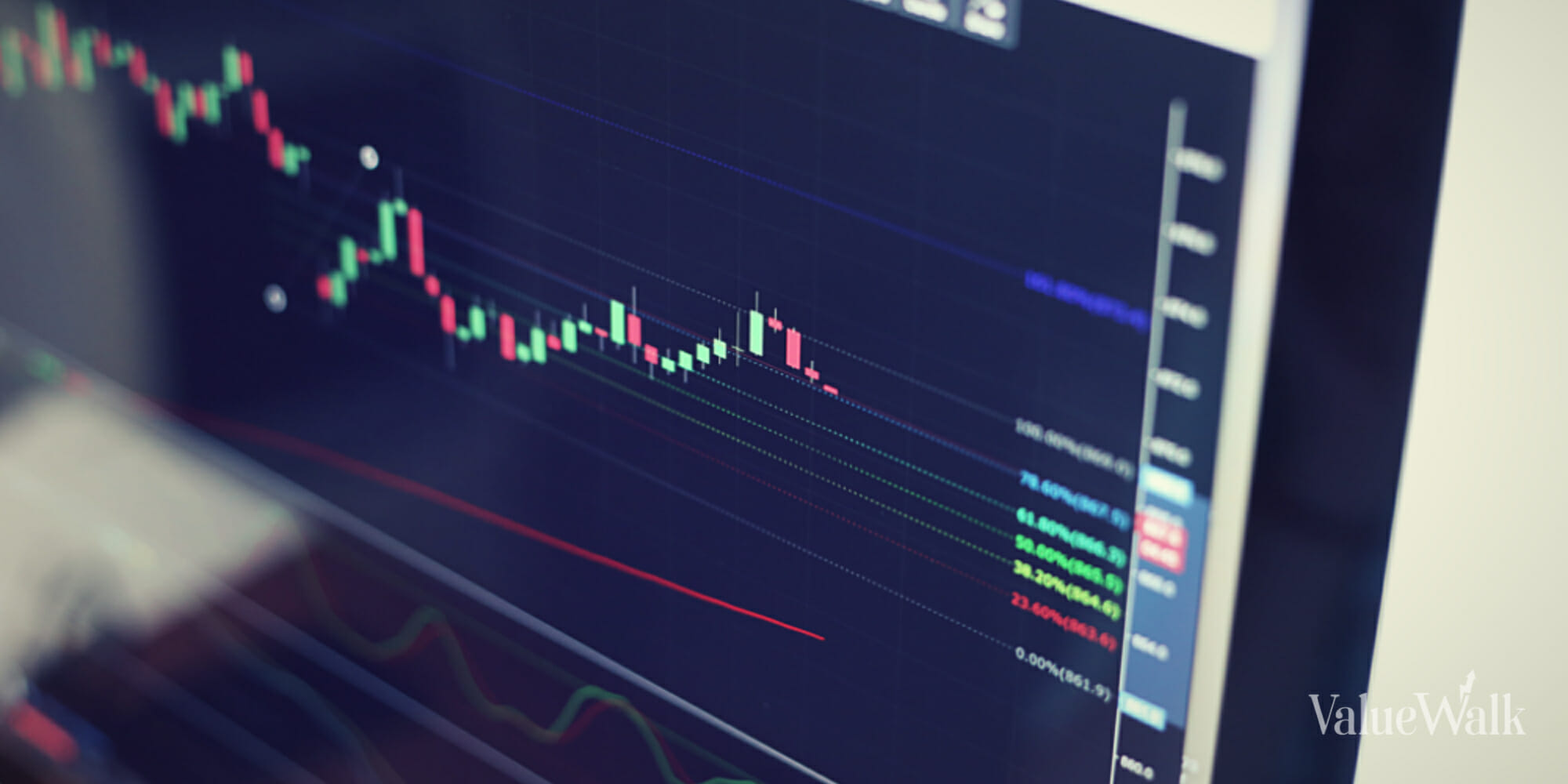Americans are proud to have the freedom to choose, but are more choices necessarily a good thing? That’s debatable as a relatively new phenomenon, known as zero-days-til-expiration options or 0DTE options, gives derivatives traders plenty of ways to potentially make fast money – or more likely, to lose money and potentially cause dislocations in the financial markets.
We’ve already witnessed what can happen when amateur traders with Robinhood apps and too much time on their hands discover the complex world of options trading. As retail options traders banded together on social media to squeeze short sellers out of their positions, the share prices of fundamentally unsound businesses like Gamestop (NYSE:GME), AMC Entertainment (NYSE:AMC), and Bed Bath & Beyond (OTCMKTS:BBBYQ) embarked on “moon shots” before crash-landing back to Earth.
Folks with imperfect timing ended up holding heavy bags on those stocks. Now, with the meme-stock craze having come and (thankfully) gone for the most part, there’s a new speculative trend that’s been arousing the get-rich-quick crowd’s animal spirits. Whether the ending to this story is comic, tragic, or both remains to be seen – but when it comes to 0DTE options, stockholders across all market sectors may end up feeling the ripple effects whether they like it or not.
What Are 0DTE Options, Anyway?
Just to provide a back-of-an-index-card summary, options are derivatives that provide the buyers with the right but not the obligation to buy or sell an asset (typically a stock, ETF, or futures contract). Meanwhile, an option seller can be required by the option buyer, prior to the option contract’s expiration, to take the other side of the trade as a buyer or seller of the stock, ETF, etc.
The main overseer of options-trading activity is the Chicago Board Options Exchange or CBOE. Back in the old days, options only had expiration dates once per month (generally, on the third Friday of the month); these still exist and are known as monthly options. Then along came weekly options, which expire on Friday afternoons.
But again, America is the land of choices, so now we have options that expire at the end of the trading session every Monday through Friday – i.e., five opportunities per week to win big or lose everything – on two different ETFs. These are the SPDR S&P 500 ETF Trust (NYSEARCA:SPY), which tracks the S&P 500 index, and the Invesco QQQ Trust (NASDAQ:QQQ), which tracks the tech-dominated NASDAQ 100 index.
The advent of Monday-through-Friday SPY and QQQ option expirations meant that traders could, on every single weekday that’s not a market holiday, buy or sell options that expire the very same day. Hence, the name 0DTE options – they expire in zero days, or more accurately, less than a full day.
Big Volume, Big Risks
Granted, it was already possible to buy or sell a 0DTE option once a week or once a month, prior to the newly available Monday-through-Friday SPY and QQQ option expiration dates. Lately, however, having so many options for options has unleashed a fury of trading activity as fast-money hopefuls try to flip options that expire the same day for quick profits.
And apparently, these 0DTE options are buying and selling like hotcakes. One report from mid-August found that 0DTE options accounted for 53% of all S&P 500-associated options, including options on the SPY ETF; in a similar vein, a CBOE report states that 0DTE options made up 50% of SPX (i.e., S&P 500) option volume in August.
For the individual trader (retail, professional, or otherwise), there’s huge gamma (i.e., rate-of-change) risk involved with buying or selling an option that expires the same day. By this, I mean that the price of the bought or sold 0DTE option can zoom higher or crash toward zero at a lightning-fast rate. In a worst-case scenario, a 0DTE option trader could lose everything and even owe his or her broker a large sum of money.
Broad-Market Implications: We’re All Part of a Big Experiment
In case you didn’t catch my drift by now, I don’t recommend buying or selling 0DTE options as they’re too risky. However, this won’t stop traders from putting all their chips on the table, and then some, with these fast-moving derivatives contracts.
Yet, even if you wisely choose to eschew 0DTE options, you might still be affected by them if you’re involved in the financial markets. It’s a topic of ongoing debate, but some experts have suggested that these options could drastically skew asset prices, with JPMorgan (NYSE:JPM) analyst Marko Kolanovic even warning of a potential “Volmageddon 2.0.”
I’m not quite prepared to predict an imminent volatility-Armageddon scenario, but I am concerned about the popularity of 0DTE options. The fact is, no one knows the ultimate outcome of this wave of high-risk trading. Really, it’s a huge experiment and we’ll all the unwitting test subjects.
If I had to venture a guess, I’d predict that the popularity of 0DTE option trading will crest and fall, just like the meme-stock craze did. There will be a trail of victims, probably some lawsuits and certainly some finger pointing, and lessons learned for those wise enough to learn them.





